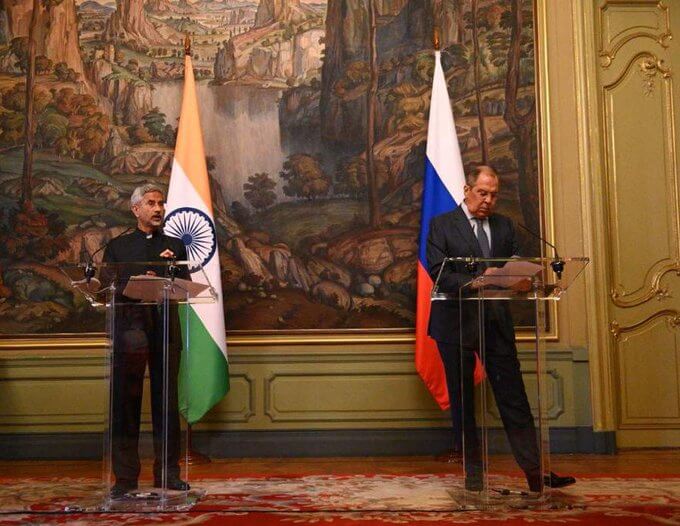
India-Russia Friendship Renewed
Thu, 15 Jul 2021 | Reading Time: 6 minutes

Minister Jaishankar’s visit to Russia from July 7 to 9 was important in the context of the new instabilities surfacing in the international system, the increasingly strident US-China rivalry, the unabashed aggressiveness of China in pursuing its ambitions, the threat of a melt-down in Afghanistan with the Taliban expanding territorial control with consequences for regional security, the political, economic and social impact of the corona virus pandemic exposing another failure of multilateralism in combating a collective threat facing the international community. In addition, the visit was important in removing perceptions that India was neglecting its ties with Russia and leaning too far towards the US.
Although Russia is also an Asian power with a long border with China, gaps have developed between it and India on Asian security, China’s assertiveness in the region, the emergence of the Indo-Pacific concept and the Quad. The deepening of Russia’s strategic ties with China, both being targeted as adversaries by the US and subject to sanctions, and Russian fears that the US was once again creating political and military blocs and drawing India into them, accounts for the differing Russian and Indian perspectives on developments in Asia.
Russians have enough experience of geopolitics to understand India’s motives and concerns, and hence our continuing attempt, as was evident in Jaishankar’s visit, to convey our thinking to the Russians to reach some understanding. If Russia is strategically drawn towards China because of US policies, India is drawn towards the US because of Chinese policies.
The joint press conference by Ministers Jaishankar and Lavrov indicated that good ground was covered. Jaishankar was quite effusive in his remarks, calling the talks “as always very warm, comfortable, comprehensive and productive”. Lavrov noted that the two paid special attention to prepare the content for the upcoming Russia-India summit this year. Jaishankar expressed confidence that when it takes place, “the development, the progress in our cooperation will be very much on display”. He noted that a new dimension had been added to ties by the agreement to hold the 2+2 Dialogue of Foreign and Defence Ministers later in the year.
Both Ministers underlined the agreement to produce the Russian vaccine Sputnik V in India. With the EU playing politics over its approval, its acceptance and production in India is a big boost for the Russian vaccine internationally too.
Trade and economic cooperation between India and Russia remain a weak point in ties, though in some areas progress is being registered. On June 29, the construction of the 5th unit at Kudankulam began. Lavrov stressed the need for an updated investment protection agreement prior to formulating any programme of trade, economic and investment cooperation to be realised by 2030.
A working group had been set up to explore talks for forming a free trade area between India and the Eurasian Economic Union. Jaishankar noted that energy cooperation had grown very significantly in the last few years, reflected both in new potential investments and long term commitments in the field of oil and gas. Greater inter-regional cooperation particularly with the Russian far east was being discussed.
In his speech at the Primakov Institute during the visit, Jaishankar spoke about a visible pick up in investment and trade in the last few years especially in the energy sector, with more Indian participation in the production and import of oil and gas, as well as a greater Russian presence in refining and distribution. Expanding trade in goods was very much the focus, in pharmaceuticals, medical devices, fertilizers, chemicals, petrochemicals, agro-industries and timber being areas of interest. Collaboration in railways and inland waterways could actually make a difference to the pace of India’s national development.
Connectivity, he noted, will be increasingly central to our interests, whether it was the North-South Corridor, the Chennai-Vladivostok maritime corridor or the Northern Sea Route. As an Observer State, India was also interested in deepening its engagement with Russia, the Chair of the Arctic Council, on Arctic issues. On climate change, Russia could be an indispensable partner as India transitions towards greater LNG consumption and renewables.
In the defence area, the legal framework for implementing the current defence cooperation contracts was being discussed according to Lavrov who reiterated Russia’s willingness to support “Make in India” and “Self-Sufficient India” in the defence sector. Significantly, he said that efforts in this area fully meets our countries’ national interests and “regional security concerns”.
Interestingly, Lavrov noted that the two sides expressed similar or overlapping approaches “to key issues of our time and pressing regional matters, including the political settlement of a very complicated situation in Afghanistan, the situation in Syria and regarding the Iranian nuclear programme”. That he said “further contacts within the RIC format also look promising” seems to reflect a desire to keep this format initiated by Russia diplomatically alive, rather than any real belief that India and China can address their differences within this format or seek broader international cooperation.
On the Taliban gains on the ground, Lavrov acknowledged that they had occupied the border posts on the Iran and Tajikistan border but stated that even though Russia was concerned about problems spilling over into the territories of its allies, it did not plan to take any action other than press for starting the political process. He threw the responsibility on the Afghan shoulders to do so, adding that the agreements reached between Washington and the Taliban should be implemented. It would appear that Russia is holding the Afghan government also responsible for the stalemated political process. Jaishankar agreed that the situation in Afghanistan occupied a lot of their attention because of its direct implication for regional security, though his emphasis on concerns about Afghanistan was different from Lavrov’s.
The processes “unfolding in the Asia-Pacific Region” were discussed, according to Lavrov, with both sides strongly reiterating their position in favour of maintaining and strengthening the central role of ASEAN in the security architecture that had taken shape there over the past decade, including the East Asia Summit, the ASEAN Regional Forum on security, meetings of ASEAN defence ministers and partners and other formats. This was Lavrov’s way to indirectly rebuff the Indo-Pacific concept and the Quad.
Jaishankar in turn shared India’s viewpoint on “the Indo-Pacific” in the context of supporting cooperation that reflected the multi-polar and rebalanced character of global politics. He added that India was very much committed to the centrality and unity of the ASEAN and believed that the Indo-Pacific Oceans Initiative which India tabled at the East-Asia Summit was very important for the larger region. Because of larger geo-political compatibility with Russia, India saw a more active Russian presence and participation in the region as something “very very important”.
Jaishankar’s speech at the Primakov Institute carried several subtle messages. It reminded the Russian audience that India was no longer one that the Russians were familiar with in Soviet days, and to some extent even now. It had changed in the last 25 years and was now the sixth-largest economy, a nuclear weapon power, an IT Centre, a reservoir of global talent and an active shaper of global debates. Its interests and influence had grown well beyond the Sub-Continent and was often perceived as first responders in crisis situations.
Whereas Lavrov during the visit did not mention “multipolarity”, Jaishankar dwelt on the theme quite extensively in the context of America no longer in a position to shape the world order as before-as its withdrawal from Afghanistan implies- and China’s bid to reshape that order with “Chinese characteristics”, not to mention Russia extending its strategic sway in some vital regions. Jaishankar made the point, no doubt in the context of China’s ambition to dominate Asia, that a multi-polar world must logically have a multi-polar Asia as an essential constituent. With an eye on China, he also emphasised that “it should be our effort to discourage unrestrained pursuit of balance of power and resist domination in all forms.”
Indirectly explaining conceptually India’s choices, Jaishankar said that “the operating principle of a multi-polar world is the legitimate pursuit of flexibility without seeking exclusivity. After all, the latter is antithetical to the very logic of multi-polarity.” Eschewing the phrase “strategic autonomy”, he said that “an important reason why India and Russia readily accept multi-polarity is their strong sense of independence. Perhaps, such self-confidence is a natural outlook for large polities with a long history, a rich culture and a deep-rooted identity.” The use of such language of self-confidence shows the change of India’s equations with big powers.
Jaishankar explained that the “world of convergences that the multi-polar and re-balanced international order has created …will be less structured and more fluid, leaving open the possibility of differences even among those who are together. The inclination would be to look at pragmatic and result-oriented cooperation on defined issues. To some extent, the weakening of multilateralism has contributed to this”. All this to explain the rationale of the Indo-Pacific, stating that India that now sees much of its trade eastwards, and its interests and reach today extend well into the Pacific, with its major partners located there, including cooperation with the Russian Far East.
Jaishankar alluded to the shift of global growth eastwards, with its consequences for the international order now getting visible. India and Russia, he said, need to work together to ensure the stability and diversity of the world, which included an insistence on honouring agreements and observing laws and, on the economic side, the realization of the importance of resilient and reliable supply chains. All this with China in mind.
*******************************************************************************************************
Author
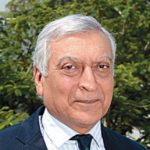
Kanwal Sibal is a distinguished career diplomat who retired as Foreign Secretary to the Government of India. In 2017, The Government of India awarded him with the Padma Shri award for his distinguished services in the field of Public Affairs.
Disclaimer
The opinions expressed in this article are the author’s own and do not reflect the views of Chanakya Forum. All information provided in this article including timeliness, completeness, accuracy, suitability or validity of information referenced therein, is the sole responsibility of the author. www.chanakyaforum.com does not assume any responsibility for the same.
Chanakya Forum is now on . Click here to join our channel (@ChanakyaForum) and stay updated with the latest headlines and articles.
Important
We work round the clock to bring you the finest articles and updates from around the world. There is a team that works tirelessly to ensure that you have a seamless reading experience. But all this costs money. Please support us so that we keep doing what we do best. Happy Reading
Support Us




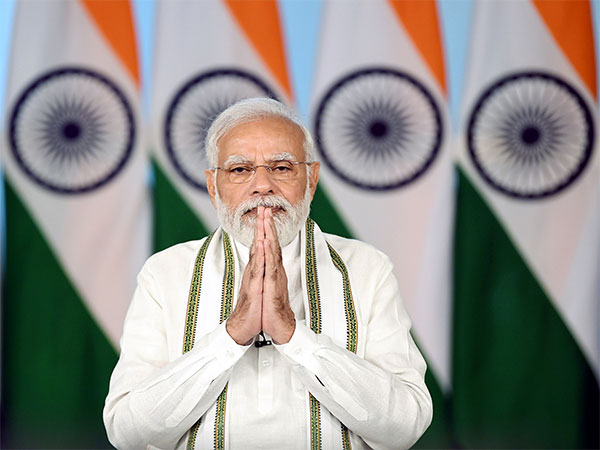
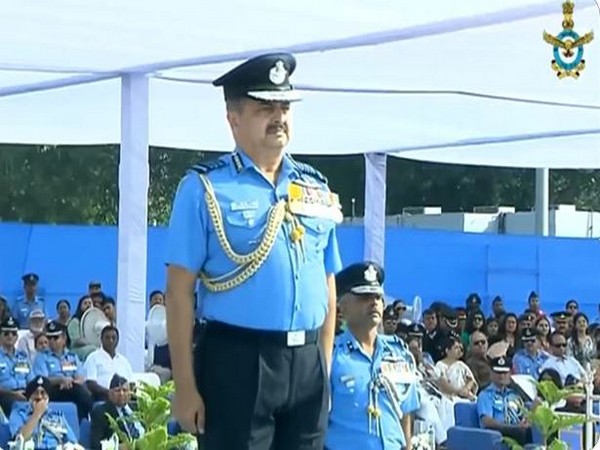
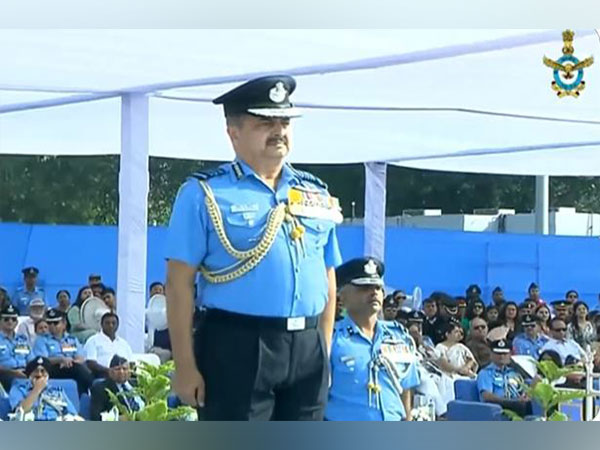

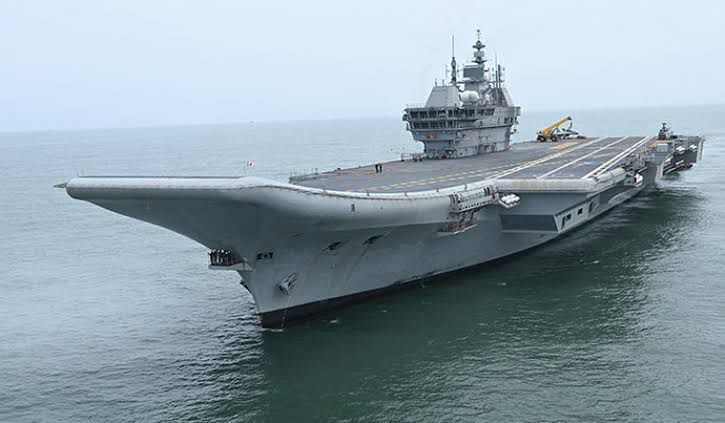
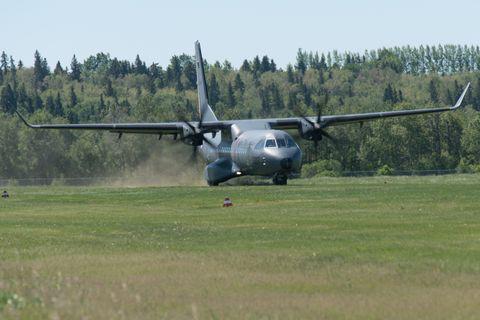
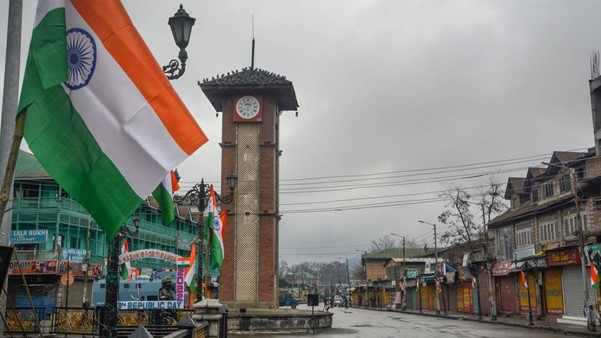
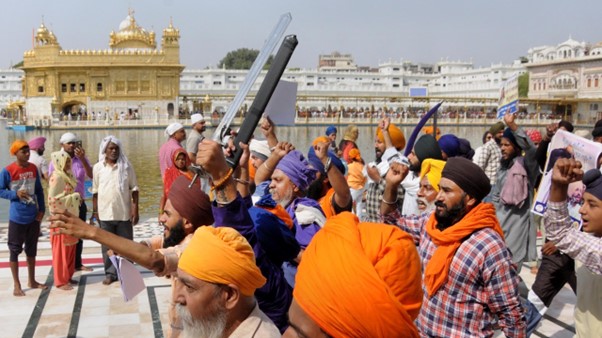
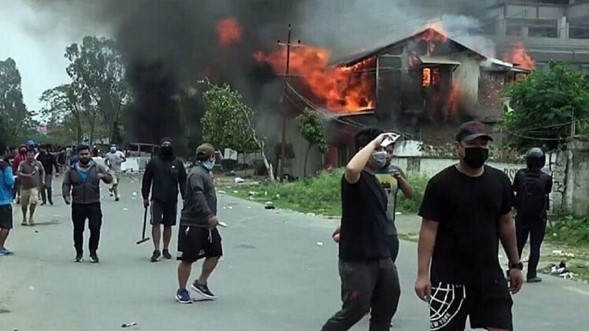
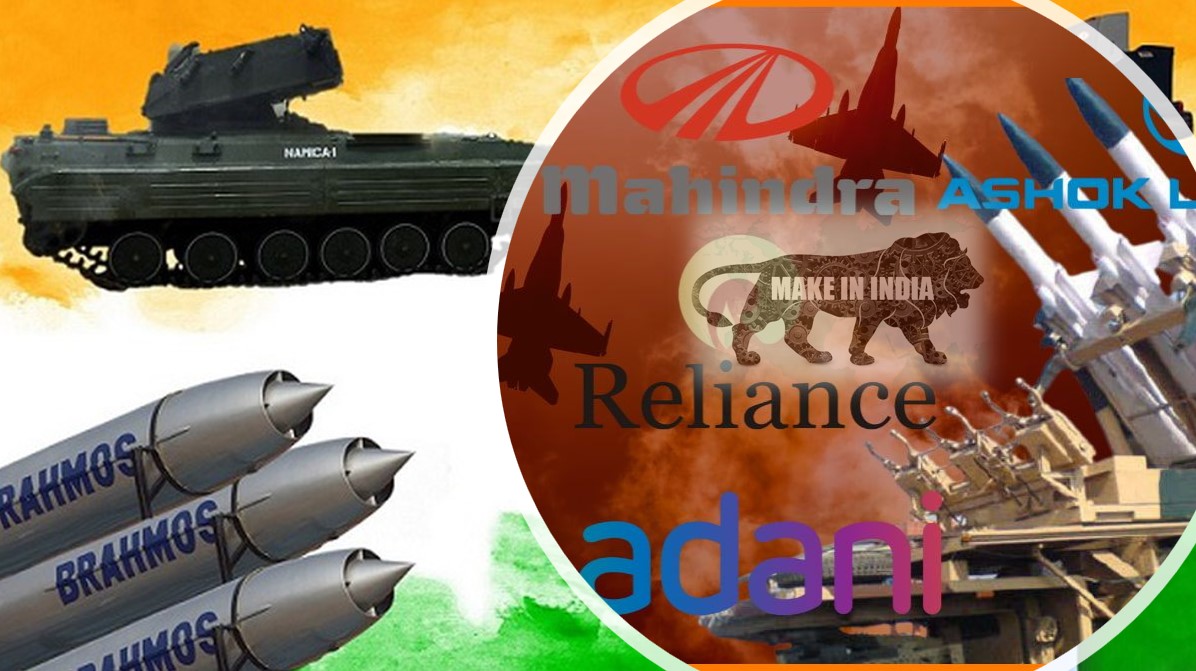






POST COMMENTS (3)
Mukesh.Naik
Ashutosh Rai
Prodipto Ghosh